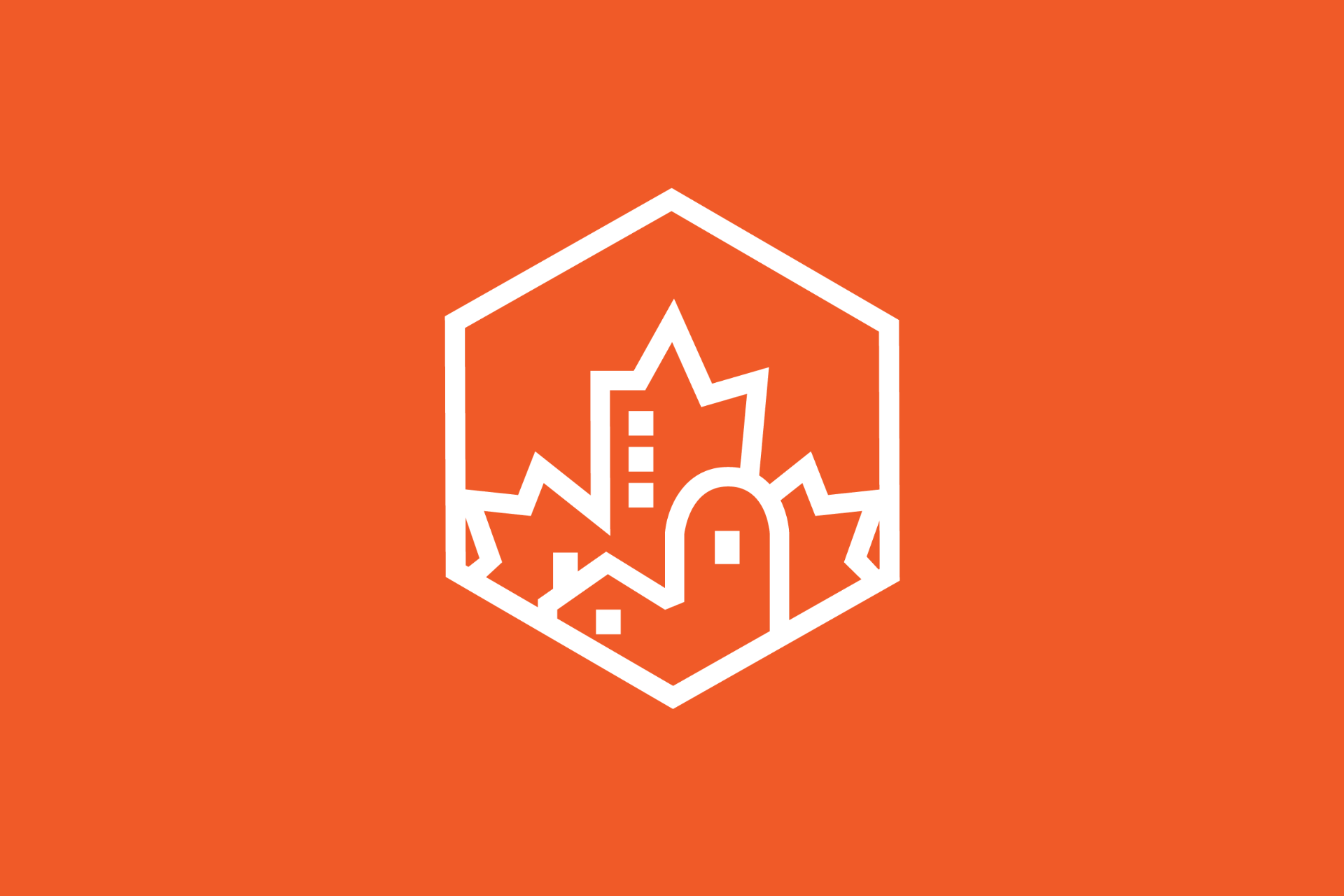In September 2019, CIP approved its first-ever Gender Equity Policy, with a vision to, “demonstrate gender equity best practices across its operations and programs, creating a welcoming, inclusive, and fair professional environment with equitable access to resources and opportunities.” Implementation is on-going and always will be; however, since adopting the policy, we’ve held training for the Board of Directors and we’re proud to say that all CIP staff have completed their GBA+ training through the Status of Women. In January 2021, CIP became a signatory of the Government of Canada’s 50-30 Challenge, a framework to accelerate diversity in the leadership of Canadian organizations.
Background: The CIP Gender Equity Policy was developed by the Social Equity Committee, in alignment with the Commonwealth Women in Planning Manifesto, UN Sustainable Development Goal 5 (Gender Equality), Sustainable Development Goal 10 (Reduced Inequalities), and all applicable federal legislation related to gender equity, including Gender-based Analysis Plus (GBA+).
What is GBA+?
Gender-based Analysis Plus (GBA+) is an analytical process used to assess how diverse groups of women, men and non-binary people may experience policies, programs and initiatives. The “plus” in GBA+ acknowledges that GBA goes beyond biological (sex) and socio-cultural (gender) differences. We all have multiple identity factors that intersect to make us who we are; GBA+ also considers many other identity factors, like race, ethnicity, religion, age, and mental or physical disability. [Source: Status of Women Canada – https://cfc-swc.gc.ca/gba-acs/index-en.html]
Interested in learning more? Take the Government of Canada’s free Gender-Based Analysis Plus (GBA+) Training Program.
What is the 50-30 Challenge?
Innovation, Science and Economic Development Canada launched the joint initiative in December 2020. As of March 3, 2021, over 860 organizations have joined the program. The 50 – 30 Challenge asks that organizations aspire to two goals:
- Gender parity (“50%”) on Canadian board(s) and senior management; and
- Significant representation (“30%”) on Canadian board(s) and senior management of other under-represented groups, including racialized persons, people living with disabilities (including invisible and episodic disabilities) and members of the LGBTQ2 community. The program and participants recognize that First Nations, Inuit and Métis peoples as founding peoples of Canada are under-represented in positions of economic influence and leadership.
